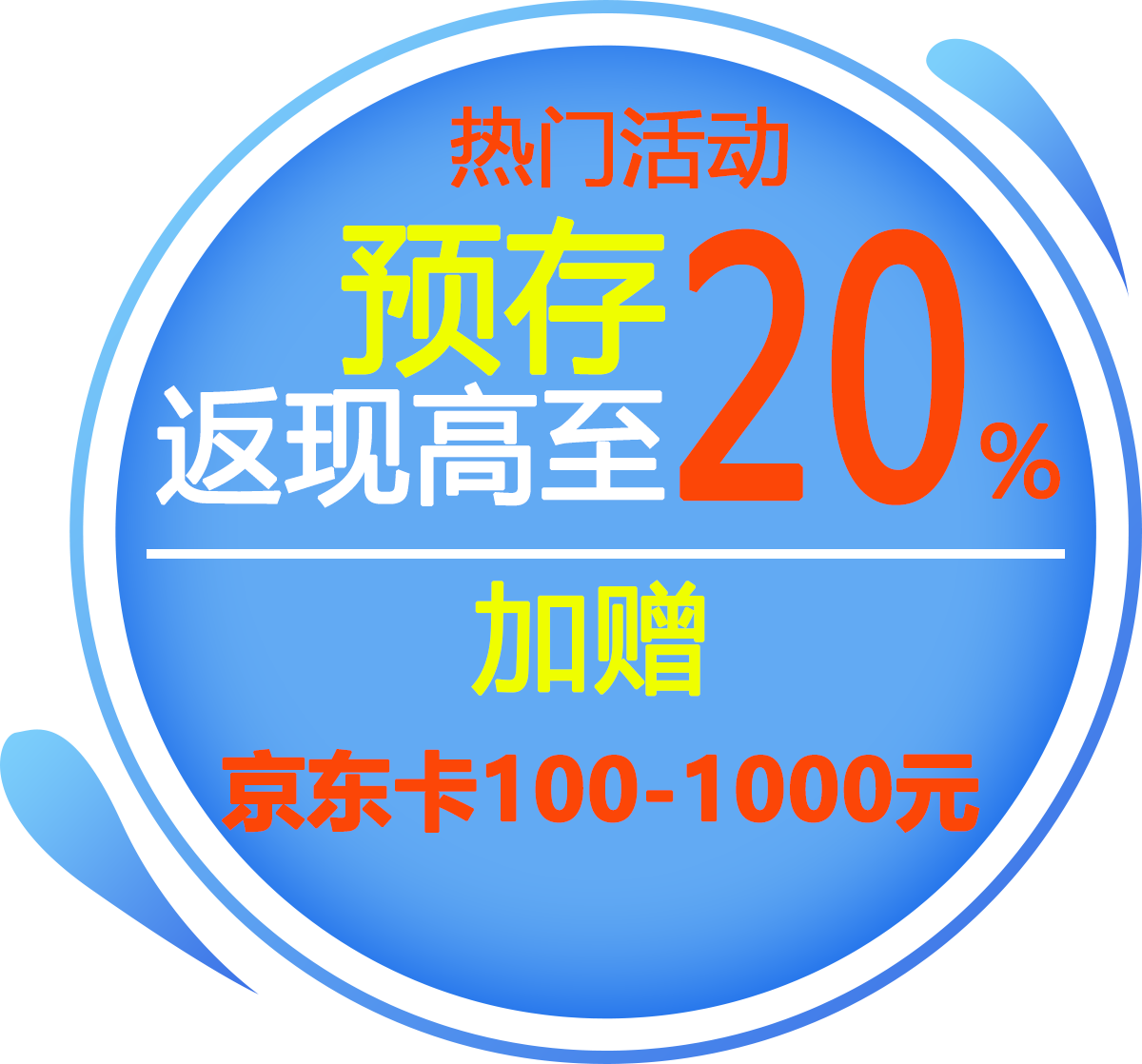2021年最新SCI期刊影响因子查询系统
Enterprise Information Systems 期刊详细信息
基本信息
| 期刊名称 | Enterprise Information Systems Enterprise Information Systems |
|---|---|
| 期刊ISSN | 1751-7575 |
| 期刊官方网站 | http://www.tandfonline.com/toc/teis20/current#.V432dEz9cSQ |
| 是否OA | 否 |
| 出版商 | Taylor and Francis Ltd. |
| 出版周期 | Quarterly |
| 始发年份 | |
| 年文章数 | 61 |
| 最新影响因子 | 4.407(2021) |
中科院SCI期刊分区
| 大类学科 | 小类学科 | Top | 综述 |
|---|---|---|---|
| 管理科学3区 | COMPUTER SCIENCE, INFORMATION SYSTEMS 计算机:信息系统4区 | 否 | 否 |
CiteScore
| CiteScore排名 | CiteScore | SJR | SNIP | ||
|---|---|---|---|---|---|
| 学科 | 排名 | 百分位 | 3.05 | 0.650 | 1.370 |
| Decision Sciences Information Systems and Management |
20 / 98 | 80% |
|||
| Computer Science Computer Science Applications |
130 / 569 | 77% |
|||
补充信息
| 自引率 | 29.90% |
|---|---|
| H-index | 34 |
| SCI收录状况 |
Science Citation Index Expanded |
| 官方审稿时间 | |
| 网友分享审稿时间 | 数据统计中,敬请期待。 |
| PubMed Central (PML) | http://www.ncbi.nlm.nih.gov/nlmcatalog?term=1751-7575%5BISSN%5D |
投稿指南
| 期刊投稿网址 | https://mc.manuscriptcentral.com/teis |
|---|---|
| 收稿范围 | Enterprise Information Systems (EIS) is a world-leading journal focusing on both the technical and applications aspects of EIS technology, and the complex and cross-disciplinary problems of enterprise integration that arise in integrating extended enterprises in a contemporary global supply chain environment. Techniques developed in mathematical science, computer science, manufacturing engineering, and operations management used in the design or operation of EIS will also be considered. Specific topics of interest include, but are not limited to: EIS design, applications, implementation, and impact in industrial sectors including manufacturing, service, healthcare, environment, energy and government EIS and e-logistics, global e-supply chain management, supplier relationship management (SRM), and customer relationship management (CRM) Enterprise Resource Planning (ERP) Business intelligence, business process and workflow modelling, analysis, integration, monitoring, and management Enterprise modelling and simulation, integration, and enterprise engineering Enterprise computing concepts for Internet of Things (IoT), RFID, electronic and mobile commerce, e-finance, e-payment, telecommunications, automotive, aerospace, command and control, defence, healthcare, and government Inter-enterprise collaboration and virtual enterprises Enterprise architecture design and modelling, cloud computing and Big Data Analytics (BDA), Model-Driven Architecture (MDA), component-oriented architecture, Service-Oriented Architecture (SOA), collaborative development, and co-operative engineering Integration of (legacy) enterprise applications and information, integrated systems, e-factories, integrated manufacturing systems, and industrial informatics Evolution, Innovation and management of enterprise computing systems Realization technologies for enterprise computing, including ontologies and semantic web support, middleware standards and systems, such as CORBA and J2EE, modelling and description languages, such as XML, RDF, OWL, and UML Enterprise computing tools and methodologies. Principles of data, information and knowledge management models in EIS Trust, security and privacy issues in enterprise computing Quality assurance and maintenance issues in enterprise computing Systems research, systems engineering and IoT strategies for enterprises EIS therefore encourages original submissions in these and other related areas. The journal will consider original articles, short papers, review papers and technical notes. Responses to articles and correspondence will also be considered at the Editor-in-Chief’s discretion. Proposals for Special issues in cutting-edge areas are encouraged, and should be discussed directly with the Editor-in-Chief. All submitted manuscripts are subject to initial appraisal by the Editor-in-Chief, and, if found suitable for further consideration, to rigorous and rapid peer review by independent, anonymous expert referees. All peer review is double blind and submission is online via ScholarOne Manuscripts. Queries regarding submissions can be made by contacting the Editor-in-Chief, whose decision is final. |
| 收录体裁 | |
| 投稿指南 | |
| 投稿模板 | |
| 参考文献格式 | |
| 编辑信息 |








